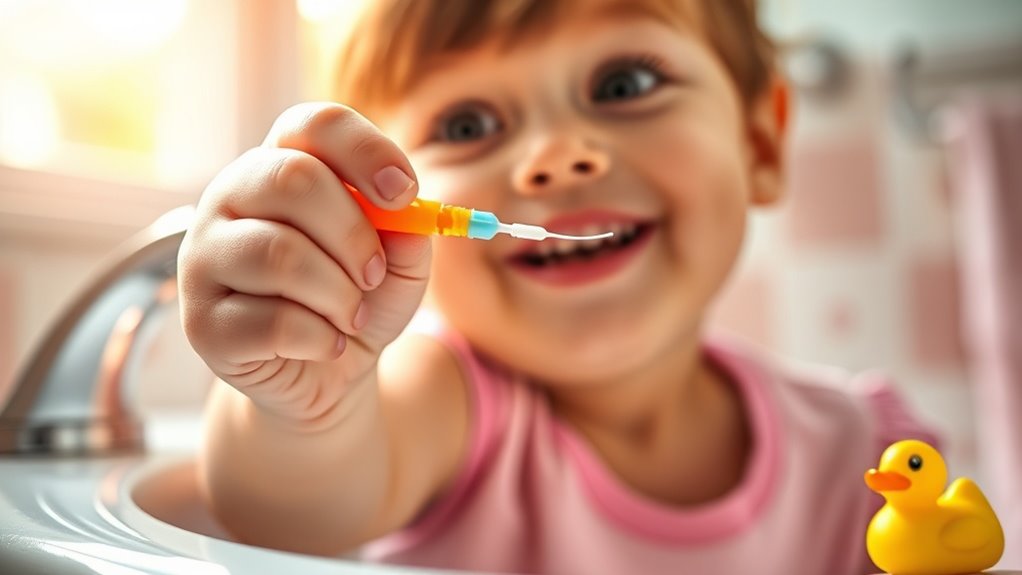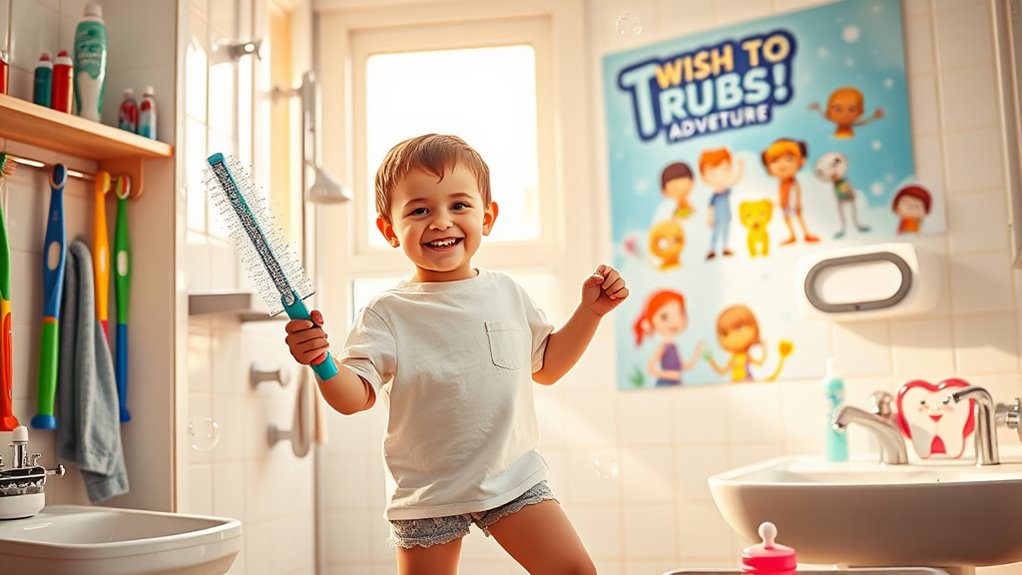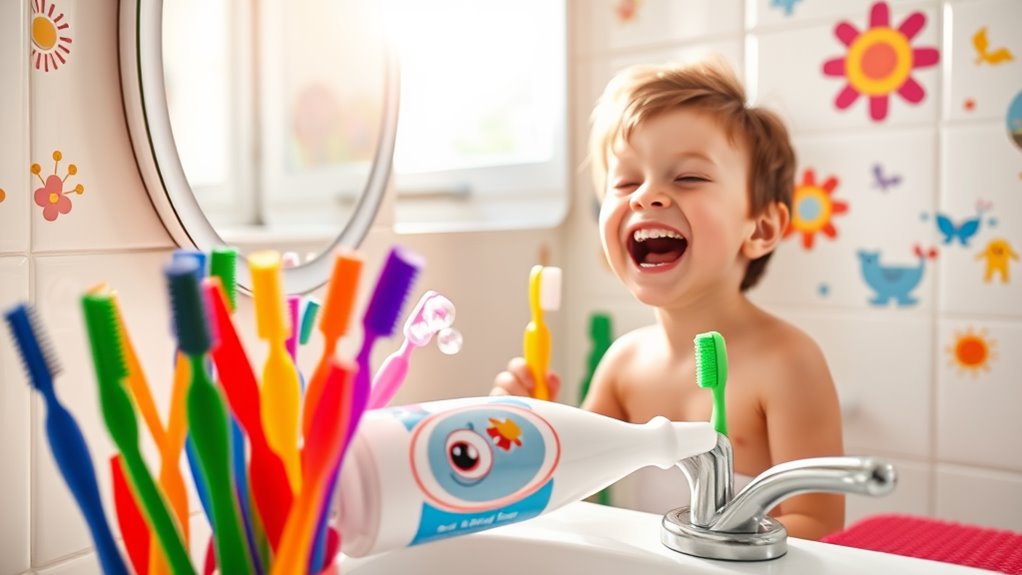When Should Kids Start Flossing.
You might not realize that most kids should start flossing as soon as their teeth begin to touch, which often happens around ages 2 to 3. This early initiation is vital for effective dental care, as brushing alone can’t always reach the spaces between teeth. Understanding when and how to introduce flossing can set the stage for lifelong dental health. So, when’s the best time to make flossing a regular habit for your child?
Understanding Dental Development
Understanding dental development is crucial for ensuring your child’s oral health. As your child grows, their teeth and gums develop in ways that affect future care, including kids flossing. Teaching proper techniques early can prevent plaque buildup and cavities, setting a strong foundation for lifelong habits. Be proactive in guiding them through this process to promote their overall dental health. Regular dental check-ups play an essential role in early detection and intervention for any potential oral health issues.
The Importance of Flossing
While brushing is vital for your child’s oral hygiene, flossing shouldn’t be overlooked. Flossing removes food particles and plaque between teeth, where toothbrushes can’t reach. By incorporating flossing into your child’s routine, you help prevent cavities and gum disease. Establishing this habit early sets the foundation for a lifetime of healthy gums and teeth, ensuring their smile remains bright and healthy. Moreover, regular flossing is essential to protect enamel and prevent issues down the line.
Ideal Age to Start Flossing
Most dental experts recommend starting to floss as soon as your child’s teeth begin to touch, typically around the age of two to three years. At this stage, it’s crucial to remove food particles and plaque that a toothbrush can’t reach. Establishing this habit early helps promote good oral hygiene and sets the foundation for a lifetime of healthy teeth and gums. Additionally, teaching kids proper flossing technique early can prevent long-term dental issues associated with neglecting oral care.
Tips for Teaching Kids to Floss
Teaching kids to floss effectively can make a significant difference in their oral health. Here are some tips to guide you:
- Demonstrate proper technique using a mirror.
- Start with easy-to-handle floss or flossers.
- Encourage a routine by flossing together.
- Use positive reinforcement for progress.
- Keep track of their flossing habits to monitor improvement.
This approach fosters a lifelong habit of dental care, as consistent flossing contributes to a lifetime of healthy smiles.
Making Flossing Fun for Children
Flossing doesn’t have to be a chore; it can be an exciting part of your child’s daily routine. Turn it into a game by using colorful, flavored floss that makes the experience enjoyable. You can even set a timer and challenge your child to floss before the timer runs out. Celebrate their efforts with fun rewards to keep them motivated!




